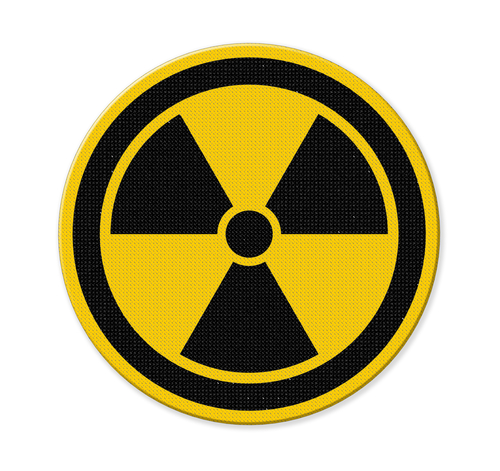World News
Huge US-Iran gap on nukes as target date nears
VIENNA — Any thaw in relations between Iran and the United States under the pressure of Iraq’s turmoil is unlikely to hasten progress in difficult negotiations seeking limits on Tehran’s nuclear program.
Recent high-level U.S.-Iran talks that were meant to pave the way to a final nuclear deal only highlighted the two nations’ huge differences, say two diplomats, further diminishing expectations that a July 20 target date for agreement will be met.
U.S. and Iranian officials are both concerned by the swift advance of radical Islamist forces in Iraq and officials from the two countries met here briefly Monday. But the nuclear talks, a senior State Department official said, are “its own process.” The official demanded anonymity in line with State Department rules.
The two western diplomats told The Associated Press that last week’s discussions between U.S. Deputy Secretary of State Bill Burns and Iranian Deputy Foreign Minister Abbas Araghchi left major differences unresolved.
That leaves negotiators from Iran, the U.S., Russia, China, Britain, France and Germany, who began a new round in Vienna Tuesday, facing essentially the same problems that stalled last month’s meeting.
The diplomats, who have detailed knowledge of the confidential talks, agreed to share new information on the differences with the AP but demanded anonymity because they are not allowed to discuss the negotiations publicly. The main disputes, as outlined by them:
URANIUM ENRICHMENT
Enriched uranium can range from low-enriched reactor fuel to the high-enriched core of a nuclear weapon. Iran insists it has no interest in such arms.
It wants to keep the almost 20,000 enriching centrifuges it now operates or has on standby. And it wants to ultimately expand the number to 150,000 – or replace them with advanced models that have that same output.
The U.S. demands that Iran run no more than a few hundred centrifuges, dismantle all on standby and agree to tight limits on how much enriched uranium it can stockpile.
“Unless the Iranians make a huge concession, it’s very unlikely that there will be an agreement by the end of July,” says Gary Samore, who left the U.S. negotiating team last year to work with Harvard’s Belfer Center think tank.
UNDERGROUND ENRICHMENT
The U.S. and other world powers want Iran to repurpose its underground enrichment plant at Fordo, south of Tehran, because it is dug into a mountain and highly resistant to air strikes. Iran wants to use it to research and develop its enrichment program.
Samore says Fordo is a “lesser issue” but neither side wants to make concessions too early.
PLUTONIUM
A nearly built reactor at Arak, southwest of Tehran, would produce substantial amounts of waste plutonium. Like enriched uranium, that’s a potential pathway to nuclear arms. Iran is resisting demands that it completely re-engineer the plant and is ready only to reduce the amount of plutonium produced. The U.S. fears any reduction may be reversible and is only ready to accept a model that cannot be reverse-engineered.
Samore says finding a compromise on plutonium is “much easier than the enrichment issue,” but likely will take months beyond July 20 to resolve.
NUCLEAR PAST
Washington and its allies suspect Iran worked secretly on nuclear arms – something Tehran denies. The West says any deal must include the results of a U.N. atomic agency probe that either substantiates or dismisses the allegations. All parties to the negotiations as well as the agency already say the investigation will extend well past July 20.
Samore says the U.S. recognizes Tehran cannot “change its narrative” and acknowledge that it wanted such arms. So, he says, Washington may be ready to accept alternate explanations – for instance that Iran “was working to understand nuclear weapons but without any intent to build nuclear weapons.”
TIME-FRAME
The Americans want enrichment and other Iranian nuclear programs restricted for 30 years – 20 years of tight control and 10 years of gradual relaxation. Some other Western powers would accept 20 years, including 15 years of severe limitations and five to slowly lift them.
Iran wants just 15 years, with controls gradually easing a few years after they were imposed.
Samore says Washington hopes that at the end of long-term constraints “you may have a new government that may be genuinely committed to giving up nuclear weapons.”






















